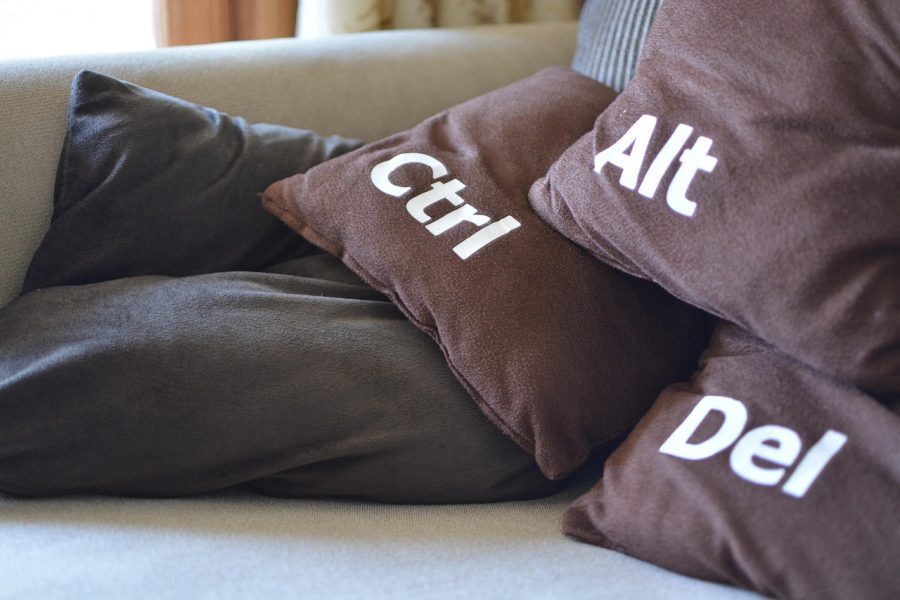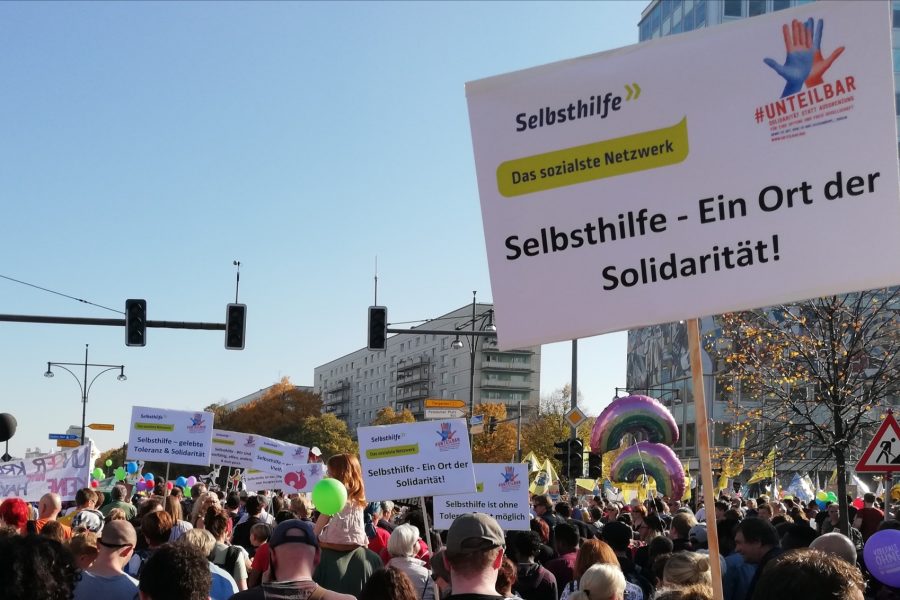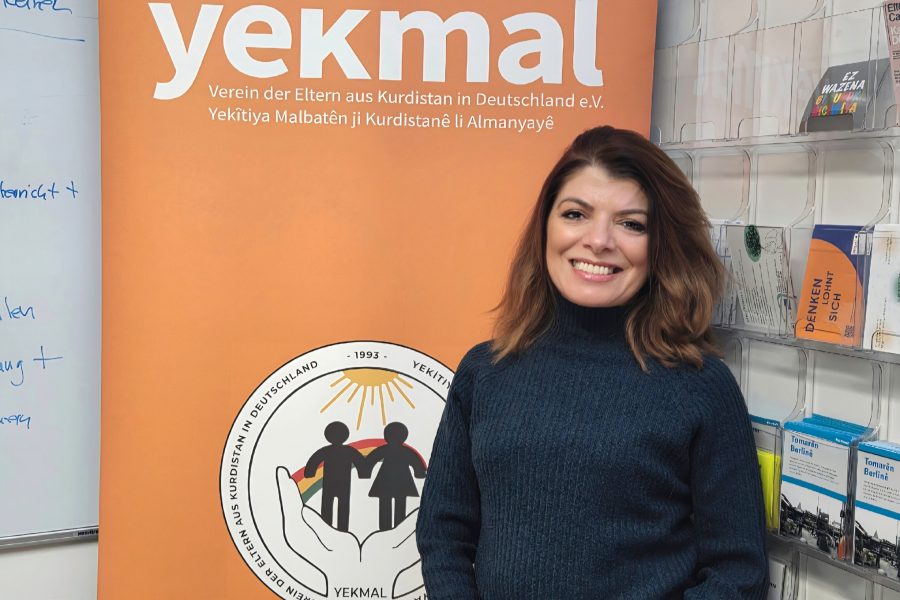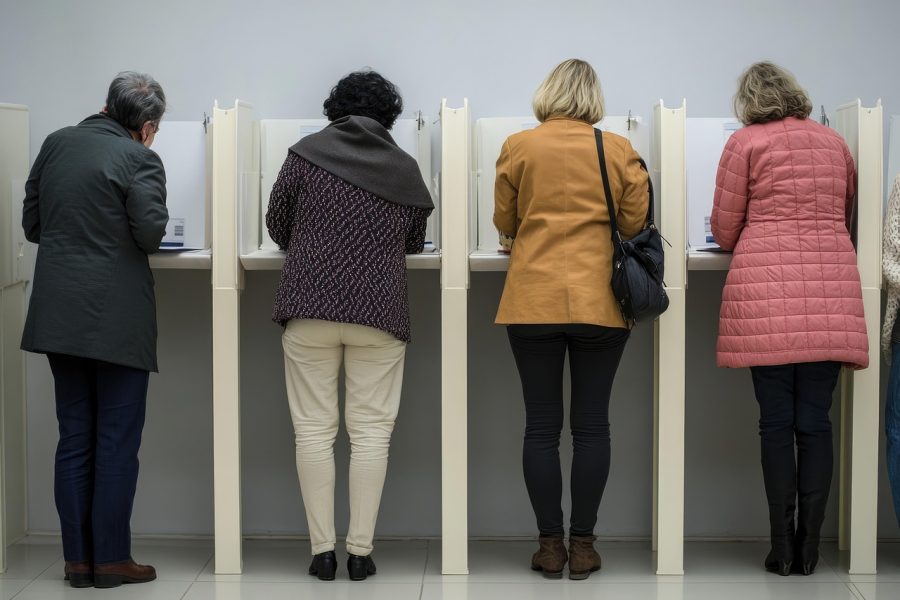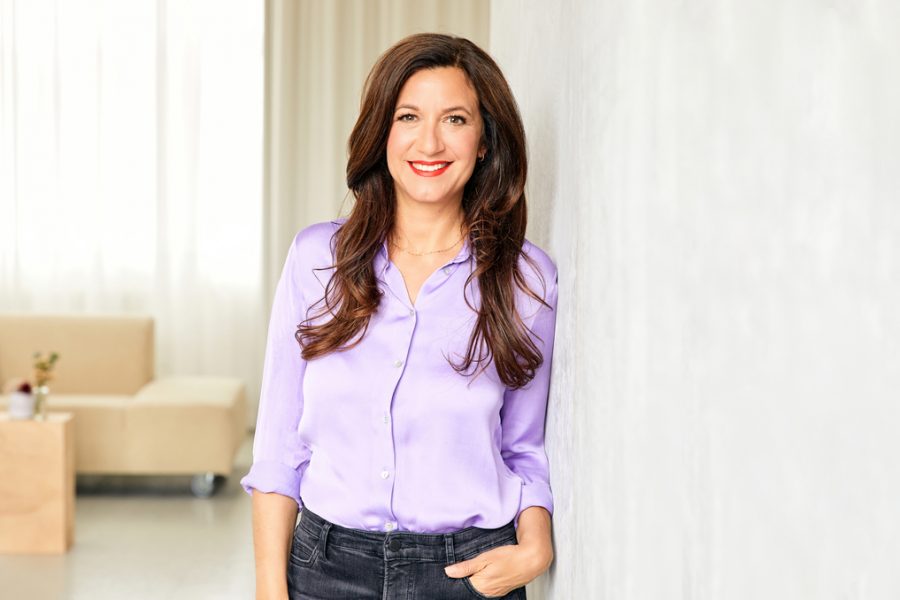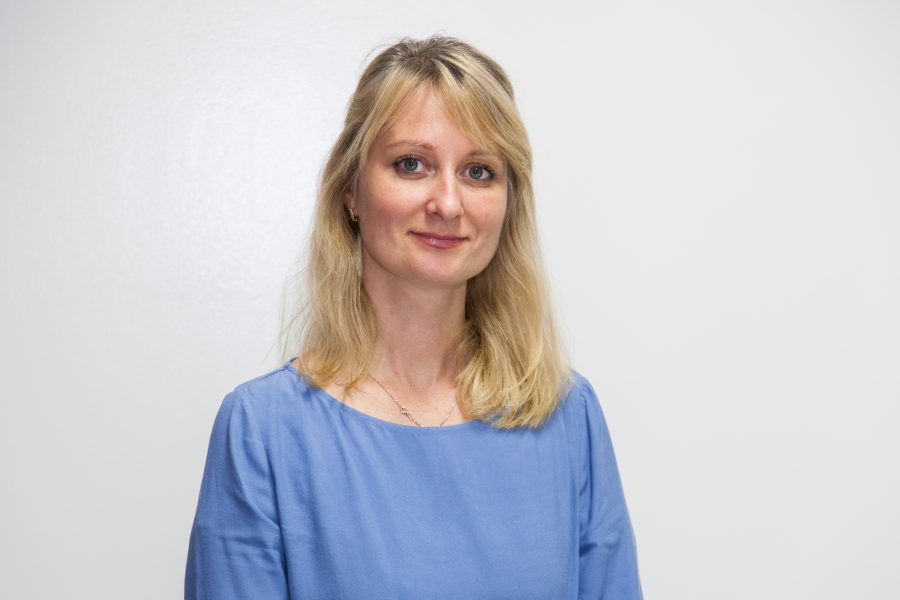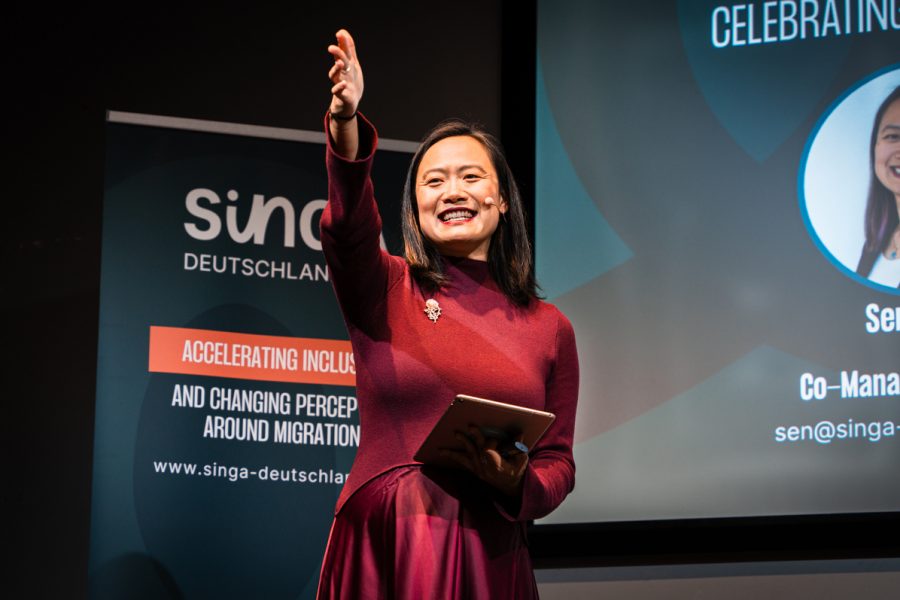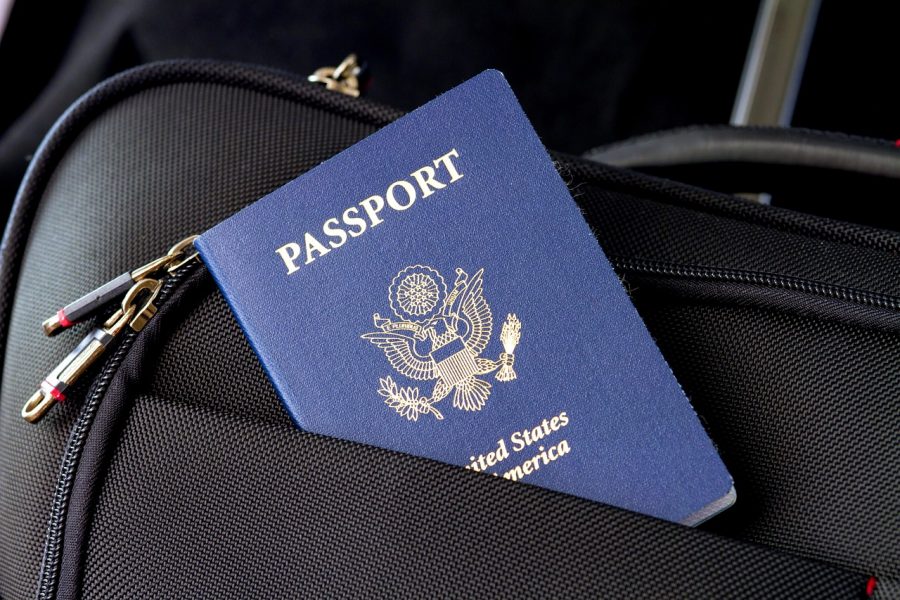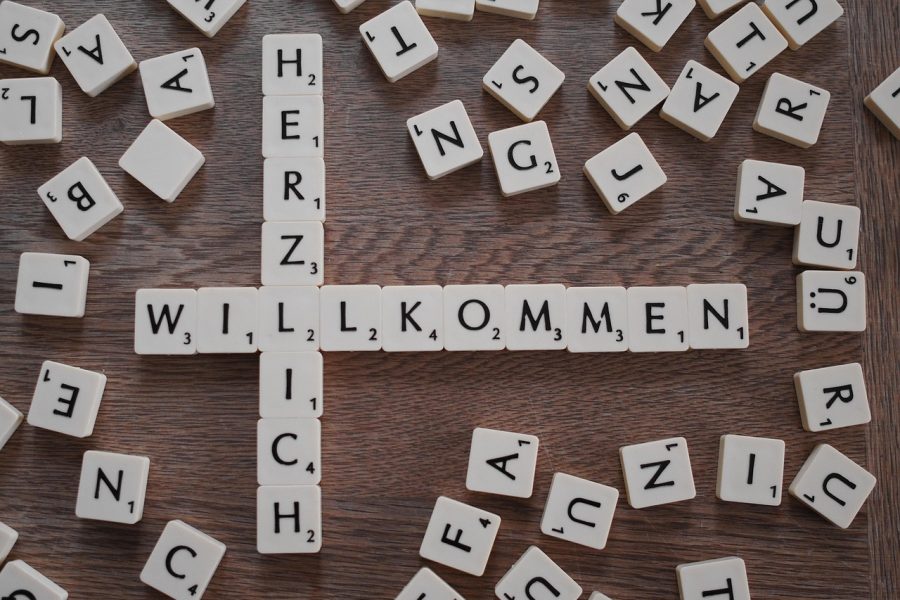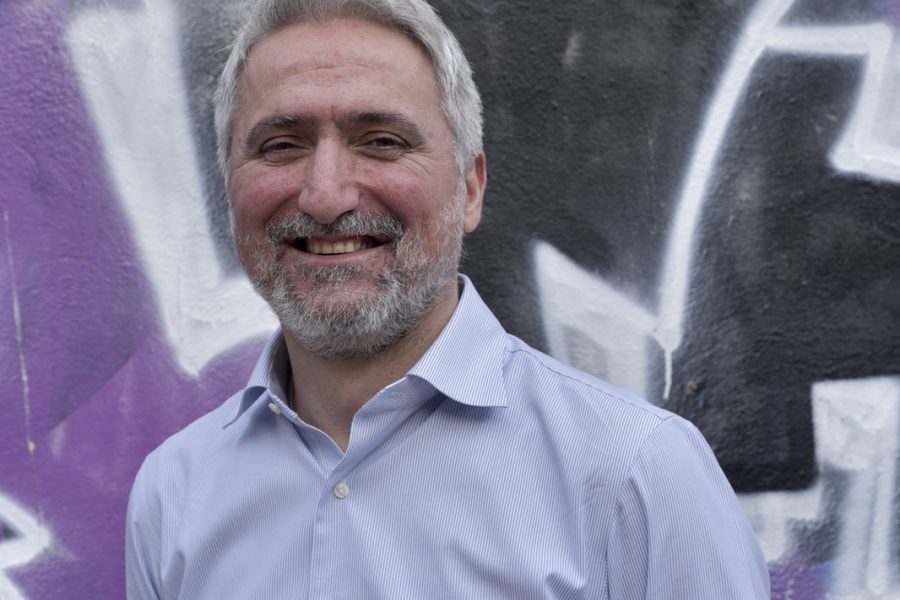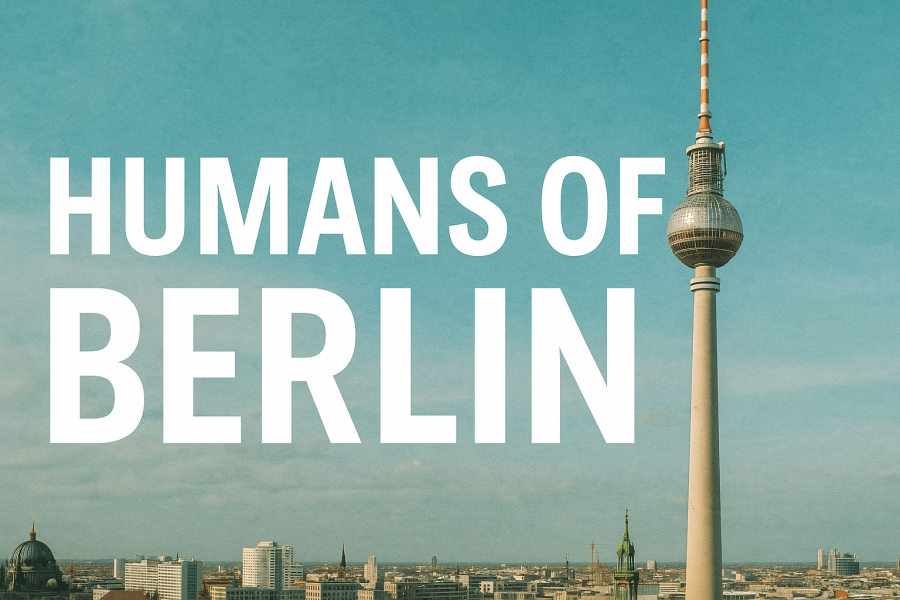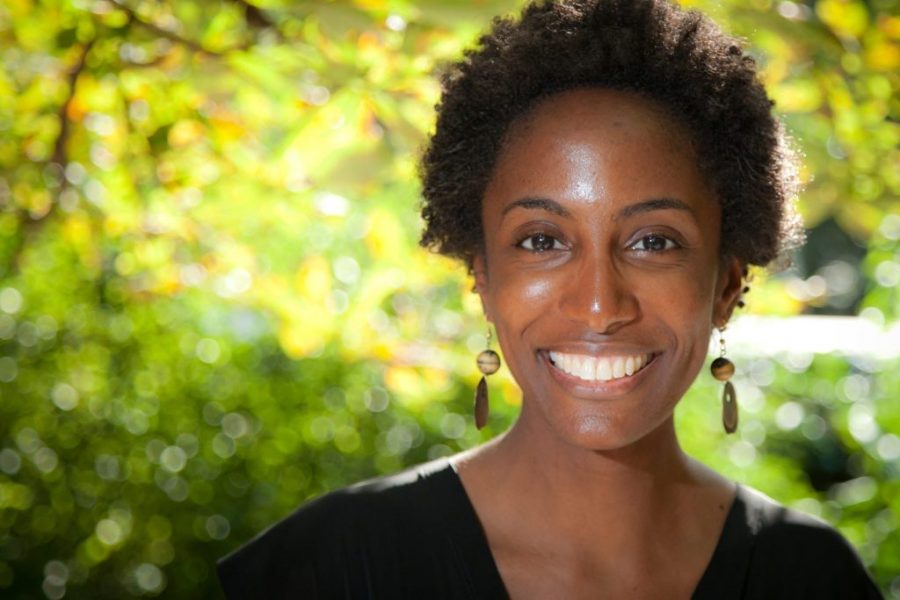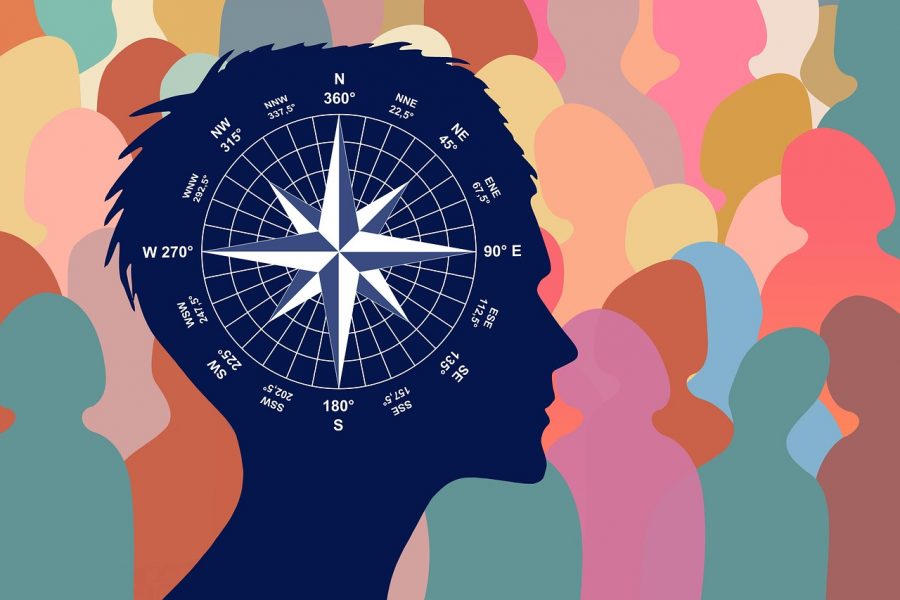Berlin is a city in constant transformation — between East and West, the inner city and the outer districts, between long-time residents and those who have chosen it as a new home. With its interplay of creative industries, research institutions, and a steady influx of newcomers, the city has enormous potential. At the same time, without concrete answers, its fractures risk becoming more visible. The central question of Neustart Berlin is therefore: How should the city evolve in order to remain a place worth living in.
Until mid-September, citizens were able to submit their ideas and proposals — covering areas such as urban development, culture, education, sports, or diversity. The task now is to select the most convincing concepts from this variety. On November 21, they will be presented publicly at the concept conference on the EUREF Campus and put through a “reality check.” Experts from politics, administration, business, and civil society will examine the ideas and assess their feasibility. The aim is not mere exchange, but a thorough review of their potential for implementation.
Idea, Review, Development
Neustart Berlin is no ordinary ideas forum. Its three-step structure — idea, review, development — ensures that proposals do not remain on paper but are seriously introduced into the political arena. Selected projects will also receive ongoing support, for example through networking opportunities, media coverage, or cooperation with experts.
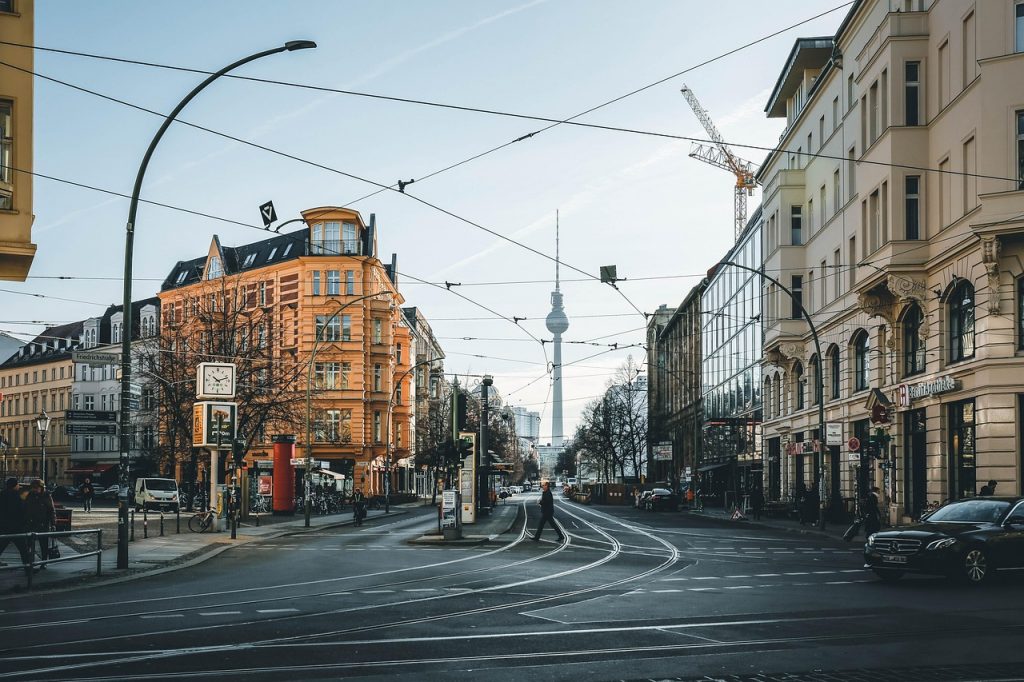
The Berliner Morgenpost describes the format as a kind of workshop for future concepts, one that could extend its influence beyond the city itself. Rather than abstract demands, the focus is on concrete approaches that show how Berlin can learn from other metropolises or make better use of its own strengths.
The organizers maintain a clear stance: Neustart Berlin is not intended as a replacement for existing political and administrative processes but as a complement to them. Politics and administration are involved from the start to ensure that proposals do not remain in isolation. Together with the media and citizens, the conference seeks to initiate a dialogue that goes beyond one-off statements.
A Meeting of Minds and Perspectives
The diversity of the submitted ideas reflects the city’s potential: it demonstrates that Berlin is not only a place of problems but also one of initiative and creativity. Whether the conference will become more than just an impulse depends on how well lasting structures emerge from these impulses — and on whether politics and administration are prepared to take them up.
In the end, Neustart Berlin represents an opportunity. It lies in the meeting of minds and perspectives — and in showing, on a single day at the EUREF Campus, what the future of Berlin could look like when it is conceived not only as a wish but as a plan.
| Neustart Berlin is a joint initiative of the Tagesspiegel, Berliner Morgenpost, and the EUREF Campus Berlin, in cooperation with radioeins from rbb and supported by Schneider Electric. |

